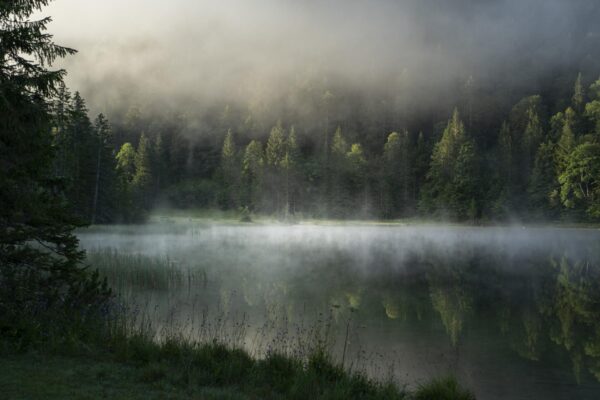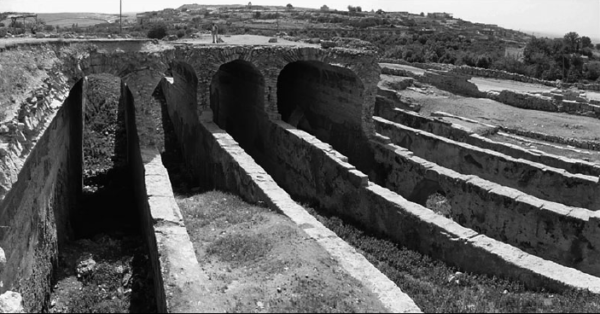
How to Avoid Clogging Nozzles in Drip Irrigation Systems?

Drip irrigation nozzles become clogged due to impurities in fertilizers, water, and scale. Additionally, there may be an issue with insufficient pressure. It is necessary to identify the cause of the blockage in the drip irrigation nozzle with great care.
Fertilizer Impurities
Water-soluble fertilizers are used in drip irrigation, and they can be granular, powdered, or liquid. The most likely cause of nozzle clogging is granular water-soluble fertilizer, including flushing fertilizer. Drip irrigation nozzles can easily be blocked by the high impurity content in this type of granular water-soluble fertilizer. It is recommended that after dissolving this kind of fertilizer, it is to use cotton cloth or other objects with small pores to filter the impurities in the fertilizer solution to reduce the chance of nozzle clogging. Alternatively, employ high-quality powder or liquid, water-soluble fertilizers; these two water-soluble fertilizers have almost no impurities.
Water Impurities
Impurities in water can be caused by antagonism between ions in fertilizer and ions in water, scale, and other sources. To solve the problem, the water’s impurities need to be treated in a different way.
Antagonistic Reactions
Antagonistic reactions – this is a common situation. The quality of water in our country is generally low. The water body has a high level of calcium and magnesium ions. Water-soluble fertilizers are essential compounds that contain a variety of nutrients. Dissolving fertilizers in hard water with high quality will inevitably lead to antagonistic reactions and precipitation. These deposits may accumulate in the pipeline and block the nozzle after several uses, even though they won’t be affected by a single use.
Impurities in Water
In many different countries, farmers are not skilled in agricultural management, particularly when it comes to water use. Agricultural irrigation can be done with well water, tap water, and ditch water. Although the first two problems are not significant, the final issue is ditch water, which contains numerous small soil particles, also known impurities. The nozzles will definitely become blocked when drip irrigation is done with such water.
Scale Deposits
The water quality in our country is generally hard, and it has a high level of calcium and magnesium ions in it. This water’s presence in the pipeline will lead to the gradual formation of calcium and magnesium precipitates, also known as scale. After the aqueous solution is pressured by the pressure pump, the scales will stick to the pipe wall and prevent the drip irrigation nozzle from flowing after falling.
Water impurities are a significant factor in clogging drip irrigation nozzles. The number of solutions is limited. Leave a valve at the end of each drip irrigation pipe, for instance. Flush the pipe and remove impurities by opening the valve every few days. Before filtering the dissolved fertilizer, it must settle in water for a few days. To reduce the amount of calcium and magnesium ions in the water, and to decrease the chance of clogging the nozzle, use.
Low Pressure
Generally, the drip irrigation used for growing vegetables has many branches. The supply of multiple pipelines by a pressure pump for water delivery may lead to insufficient pressure. Separating several valves at the output end of the pressure pump is recommended. Each valve is responsible for several pipelines, and only opens one valve at a time to increase the pressure drip irrigation and prevent blockages.
Może Ci się również spodobać




